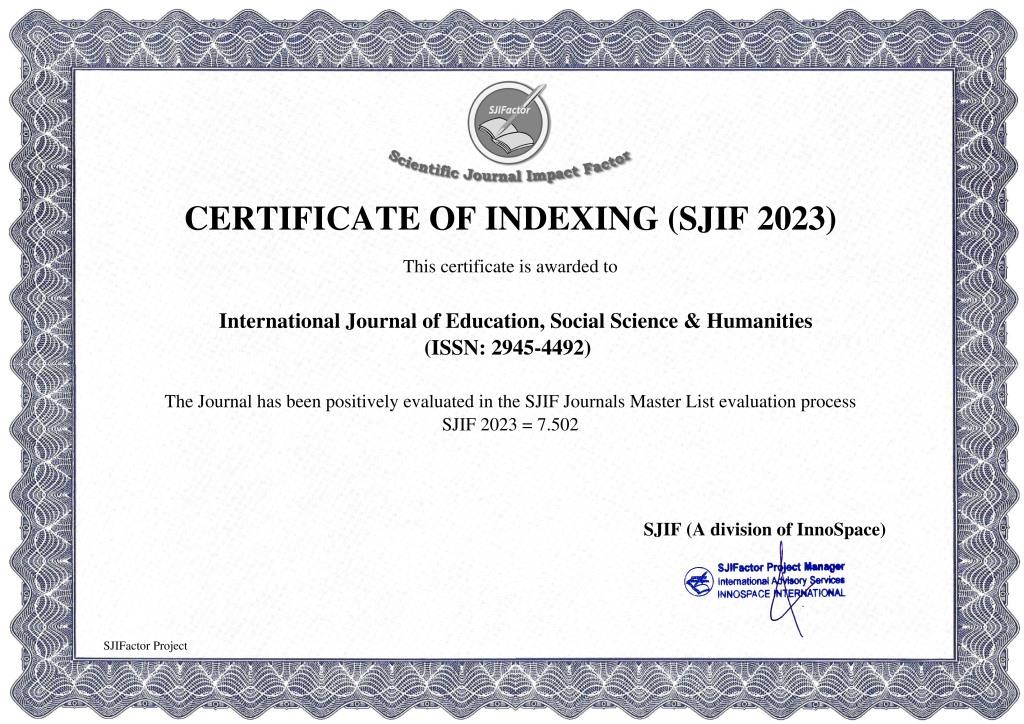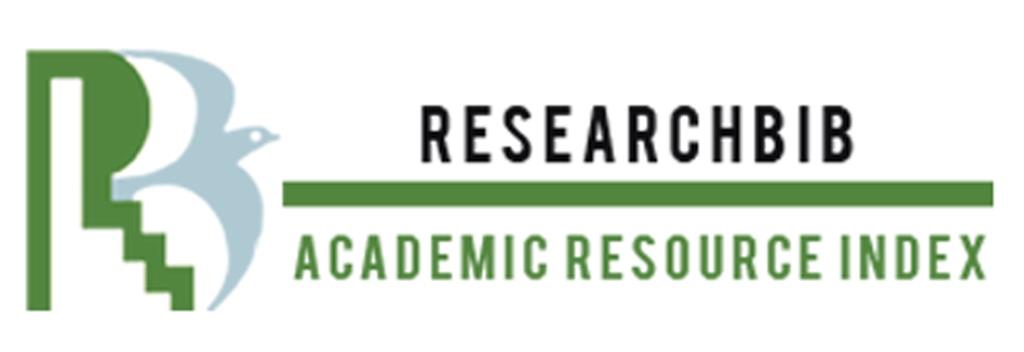IMPROVING IMAGINATION TO EMPOWER COMMUNICATION SKILLS
Keywords:
imagination, communication, learning, teaching, written communication, spoken communication,languageAbstract
Human dialogue depends heavily on imagination. It is integral to speech and interpersonal spoken communication. In order to secure empowered communication skills, it is focused on improving imagination in this article. In addition, the relationship between language and imagination was clarified, as were the justifications for why imagination is necessary for successful language use in communication. In order to fully grasp the real motivations behind achieving effectiveness and improved interaction in written communication, as well as to reach a certain level of forming an oral communication decorated with skillfully chosen words and doing away with conversational vocabulary restrictions, we defined imaginative communication.
References
• “Imagination.” Merriam-Webster.com Dictionary, Merriam-Webster,
• Liao, Shen-Yi and Tamar Gendler, "Imagination", The Stanford
Encyclopedia of Philosophy (Summer 2020 Edition), Edward N. Zalta (ed.),
URL = <https://plato.stanford.edu/archives/sum2020/entries/imagination
• Dor, Daniel. (2016). From experience to the imagination: Language and its
evolution as a social communication technology. Journal of
Neurolinguistics. 10.1016/j.jneuroling.2016.10.003.
• How to Write Letters(Formerly The Book of Letters)A Complete Guide to
Correct Business and Personal Correspondence Crowther, Mary Owens
• Fisher, Linda. (2012). Discerning change in young students’ beliefs about
their language learning through the use of metaphor elicitation in the
classroom. Research Papers in Education. 28. 1-20.
1080/02671522.2011.648654.














